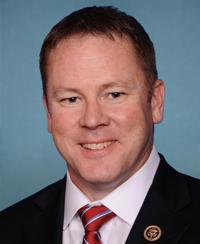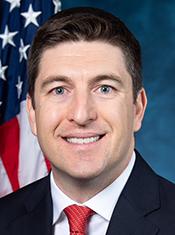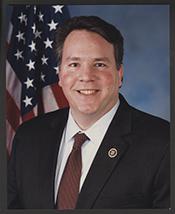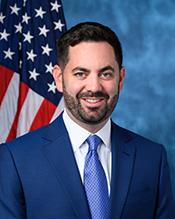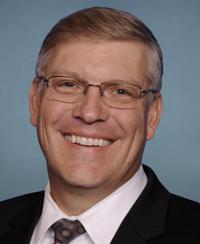0
Middle Class Borrower Protection Act of 2023
12/15/2023, 3:58 PM
Summary of Bill HR 3564
One key provision of the bill is the establishment of a Borrower Protection Fund, which would provide financial assistance to middle class borrowers who are facing foreclosure, bankruptcy, or other financial difficulties. This fund would be funded through a combination of government grants and contributions from financial institutions.
Additionally, the bill includes measures to increase transparency and accountability in the lending industry. Lenders would be required to provide clear and accurate information to borrowers about the terms of their loans, including interest rates, fees, and repayment options. This is aimed at preventing predatory lending practices that can trap borrowers in cycles of debt. Furthermore, the bill includes provisions to strengthen consumer protections and oversight of the financial industry. This includes increased regulation of payday lenders, debt collectors, and other financial institutions that target middle class borrowers. Overall, the Middle Class Borrower Protection Act of 2023 aims to provide much-needed support and protections for middle class borrowers who are struggling with debt and financial hardship. It seeks to level the playing field between borrowers and lenders, and ensure that middle class Americans have access to fair and affordable financial services.
Congressional Summary of HR 3564
Middle Class Borrower Protection Act of 2023
This bill rolls back changes made by the Federal Housing Finance Agency (FHFA) to the fees charged by Fannie Mae and Freddie Mac for a conventional single-family mortgage (i.e., loan-level pricing adjustments) and restricts future fee adjustments. These changes, effective May 1, 2023, revised the fee charts that provide percentage adjustments based on a mortgagor's credit score and down payment.
(Sec. 2) This section reinstates the fee structure that was in place prior to May 1, 2023.
(Sec. 3) Further adjustments to the fee structure by FHFA are prohibited until 90 days after the publication of a report by the Government Accountability Office (GAO) required by section 5 of the bill. After this period, FHFA must follow Administrative Procedure Act requirements when proposing adjustments to the fee structure.
This section also requires that, to the greatest extent feasible, revisions to the fee schedule must be based on risk.
(Sec. 4) FHFA, Fannie Mae, and Freddie Mac are prohibited from imposing any loan-level pricing adjustment fee that is based on the ratio of the debt of the mortgagor to the income of the mortgagor.
(Sec. 5) The GAO must report on the changes to the fees made by the FHFA.
(Sec. 7) This section extends through FY2033 the authority of Fannie Mae and Freddie Mac to charge a guarantee fee.
